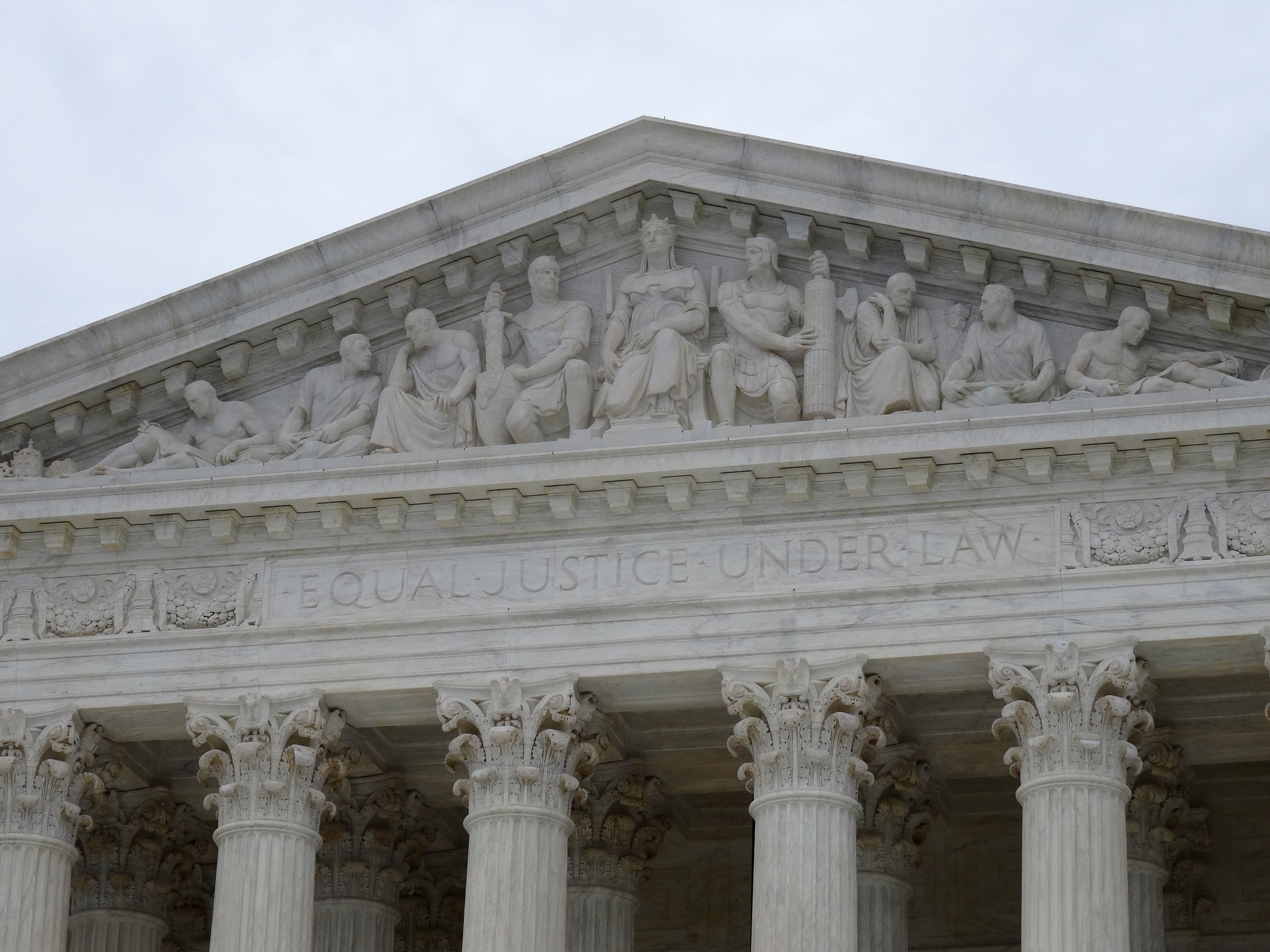OPINION ANALYSIS
Supreme Court maintains focus on defendant’s subjective beliefs in False Claims Act cases

on Jun 1, 2023 at 2:56 pm

In a unanimous opinion on Thursday, the Supreme Court rejected an attempt to shift the knowledge standard in False Claims Act cases that had the potential to gut the government’s primary anti-fraud statute. The justices avoided, for now, more nuanced questions that could ultimately affect the balance of power between the government and industry in FCA cases.
The Department of Justice has used the FCA to recover more than $70 billion since 1986, largely in cases related to health care and defense contracting. Under the FCA, a defendant is liable for submitting a false claim to the government for payment if it acted “knowingly,” which the statute defines as acting with actual knowledge, deliberate ignorance, or reckless disregard. At issue in two consolidated cases – United States ex rel. Schutte v. SuperValu Inc. and United States ex rel. Proctor v. Safeway – was whether and when a defendant’s subjective belief is relevant in determining knowledge if its conduct represented an objectively reasonable interpretation of the relevant issue. The U.S. Court of Appeals for the 7th Circuit had found it was never relevant. Vacating the 7th Circuit’s rulings, as was expected following oral argument in April, Justice Clarence Thomas explained for the unanimous court that “[w]hat matters for an FCA case is whether the defendant knew the claim was false. Thus, if [the defendants] correctly interpreted the relevant phrase and believed their claims were false, then they could have known their claims were false.”
The 7th Circuit’s framework would have meant defendants could not be found liable under the FCA as long as they were able to come up with an objectively reasonable interpretation after the fact – even if they never actually believed that interpretation. The court rejected that view, making clear the focus is on what the defendant thought when it submitted the false claims, noting “[t]he FCA’s scienter element refers to [the defendants’] knowledge and subjective beliefs — not to what an objectively reasonable person may have known or believed.”
In the joined cases, the plaintiffs, whistleblowers suing on behalf of the government under the FCA’s qui tam provision, alleged that SuperValu and Safeway, which operate hundreds of retail drug pharmacies nationwide, violated the FCA by overcharging Medicare, Medicaid, and the Federal Employee Health Benefits Program for prescription drugs. Under the rules of those programs, pharmacies cannot collect more from the government than the “usual and customary” price for a drug, which is defined as the cash price charged to the general public. The whistleblowers alleged that the pharmacies overbilled the government by millions of dollars when they began offering discounted prices to customers under a price-match program designed to compete with other pharmacies such as Walmart (SuperValu and Safeway) and a membership discount program (Safeway), but did not adjust their “usual and customary” prices, instead continuing to charge the government higher prices.
The district court had determined that defendants’ discounted prices were the “usual and customary” prices, and that by not reporting those prices, the pharmacies had submitted claims that were false. The pharmacies prevailed before the district court and 7th Circuit, however, on the question of whether they had “knowingly” submitted the false claims, which the 7th Circuit said was impossible as long as their acts were consistent with an objectively reasonable interpretation of the relevant law, even if they never actually believed that interpretation.
Thomas’s opinion rejected that view. The pharmacies’ submission of the false claims “might have been a forgivable mistake if [they] had honestly read the phrase as referring to retail prices, not discounted prices,” Thomas observed, but the 7th Circuit was wrong to look at whether “other people might make an honest mistake,” rather than at whether the pharmacies had made a mistake.
The 7th Circuit relied heavily on the Supreme Court’s 2007 decision in Safeco Insurance Co. v. Burr, a Fair Credit Reporting Act case holding that an erroneous interpretation was not reckless as a matter of law because it was not objectively unreasonable when made. But that reliance was wrong, Thomas noted, because the FCA is “largely a fraud statute” that “largely tracks the traditional common-law scienter requirement for claims of fraud,” while Safeco interpreted a different statute with a different knowledge standard.
The court’s decision left open more nuanced questions raised at oral argument. Justice Brett Kavanaugh had proposed the following hypothetical: “At the time, you have three different interpretations possible, and one’s clearly safe, one’s a little more aggressive, and the third’s really aggressive, but you still think it’s reasonable, and you go with that third one, and it’s later – [the courts] don’t agree later on, so it’s ‘false.’” As Kavanaugh suggested at oral argument they would, the court’s decision Thursday left that question for another day.
The whistleblowers were backed not only by the government but also by a “friend of the court” brief from Senator Charles Grassley (R-Iowa), the FCA’s long-time champion. He warned that if the court followed the 7th Circuit’s analysis, “it will not be long before the centerpiece of the government’s anti-fraud arsenal becomes unusable.” Observers speculated that a decision upholding the 7th Circuit’s interpretation might lead to attempts in Congress to amend the FCA. Any such thoughts are likely on hold in the wake of Thursday’s decision.


